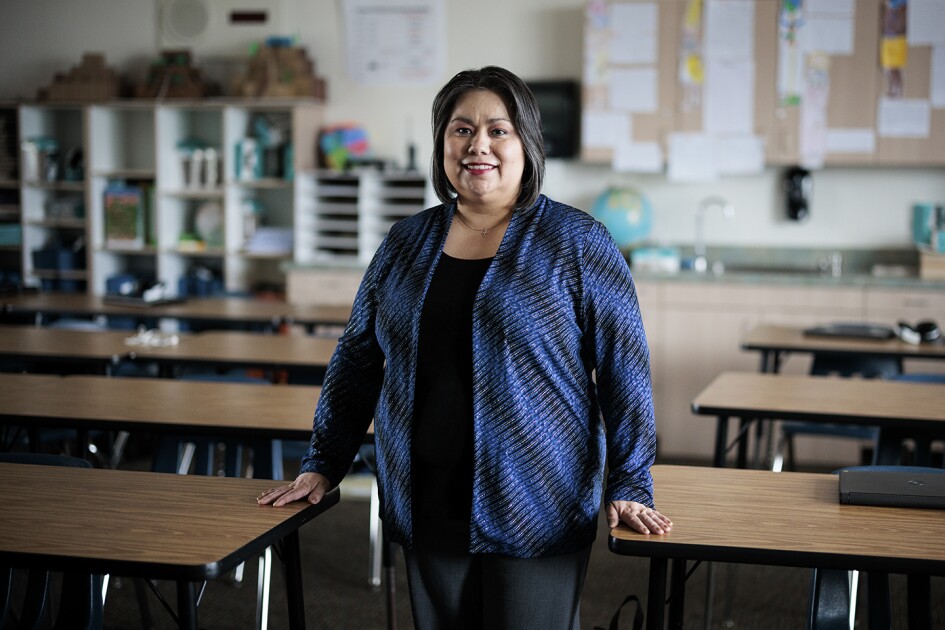In a September 11 article in The New York Times called “China’s Rise Isn’t Our Demise,” Vice President Joe Biden wrote a cogent summary of America’s advantage in the world economy that has enormous implications for innovation in education.
The United States is hard-wired for innovation. Competition is in the very fabric of our society. It has enabled each generation of Americans to give life to world-changing ideas—from the cotton gin to the airplane, the microchip, the Internet. We owe our strength to our political and economic system and to the way we educate our children—not merely to accept established orthodoxy but to challenge and improve it... Our universities remain the ultimate destination for the world's students and scholars."
Nothing in Biden’s op-ed is new or surprising. Every American understands that our success in the world economy depends on education and innovation.
So why do we devote so little attention to innovation in education? The very orientations and investments Vice President Biden cites as the basis of our success in other fields are rarely applied to improving education itself. Instead of inventing our way to success, as we do in so many other fields, we keep trying to improve education through changes in governance, regulations, and rules, which never produce change in core classroom practices and outcomes. Every state’s textbook adoption requirements specify paperweight, but never mention the weight of evidence behind the use of the book. Special education regulations specify that children be placed in the “least restrictive environment” but never the “most effective environment.” Title I has reams of regulations about how funds can or can’t be spent, but not a word suggesting that they be spent on programs proven to work.
The Obama administration has invested more than any other in history in education innovation, especially through its Investing in Innovation (i3) program. Yet evidence and innovation continue to play an extremely small role in Title I, ESEA, special education, and other federal programs, much less in state and local programs. Vice President Biden’s article is a ringing endorsement of innovation, evidence, and education. Can we now apply it to education itself?


